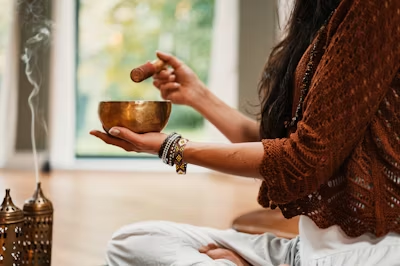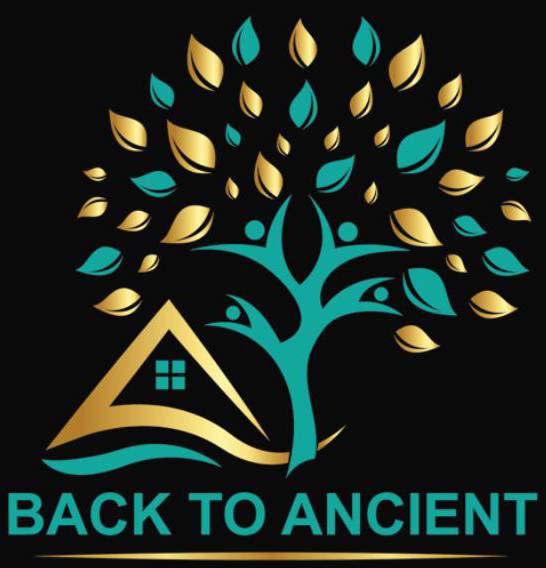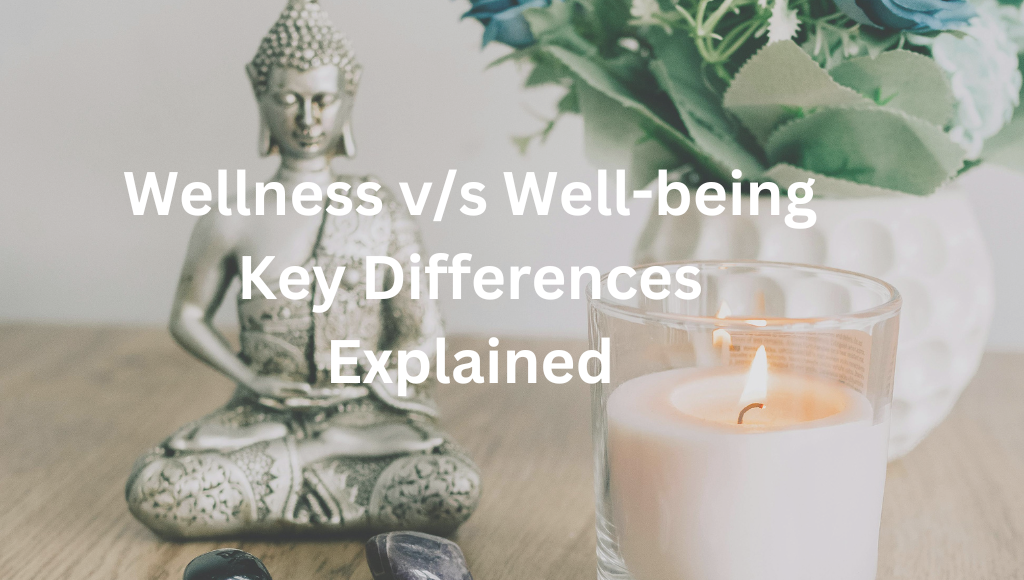
Mental wellness advocates for the development of our inner man, which in turn helps to retrieve purpose and happiness in our lives. It is about protecting the mind and those functions that the mind controls. Even if some time is necessary for relaxing, it is necessary to reaffirm our mental health.
We will look at the benefits of learning new things, creating something new, or dealing with different aspects of art, as well as how these activities relate to mental health. Such actions enable one to engage in the activities around him/her, positively contributing to their psychological aspect.
The Role of Mental Health in the Life of an Individual
Mental wellness means thinking rationally and maintaining emotional equilibrium while enjoying life rather than constantly stressing. Each person seeks to do the bare minimum and makes it look effortless. Interestingly, most do not need to be told what is expected of them. When people are prepared, it fortifies their attention to the objectives they intend to achieve, and stress, anxiety, and other unrelated issues generally fade away.
That confirms and uplifts the worth attached to mental health in the present state of affairs, as it is proving to be the most challenging issue that people around the globe are facing.
Art, creation, or problem-solving are brain-tantalizing activities that reduce anxiety and elevate attention and self-confidence. If adequately learned and practiced, these techniques enhance mental health. They also assist in cultivating a positive attitude towards life, which allows people to be in better health.
The Role of Education in Comprehensive Mental Health
Learning is one of the fundamental ways of improving our mental health. Every time we acquire knowledge, we activate the brain, which is vital for our mental wellness. Learning is not necessarily formal education. It can be more about learning new things through experimenting, reading, or acquiring varied skills.
The Role of Lifelong Learning
Studies and research have, in most cases, highlighted the role of lifelong learning in ensuring mental resilience in an individual. Continuous education appears to support memory, critical thinking, and adjustment to new realities, including changes in circumstances. Participants in active aging studies emphasize that lifelong learning makes people feel more confident, more positive, and more willing to take risks.
Furthermore, acquiring knowledge is enjoyable and aids in accomplishing certain milestones. Acquiring new hobbies and skills provides focus and orientation in social activities. Learning becomes a sensible process for us when we deal with topics we like, making our daily lives worthwhile.
Ways of Engaging Learning in Daily Lifestyle
To improve one’s mental well-being, here are some tips on incorporating learning into daily chores so the brain can function better.
1. Reading of Books and Articles: Most textbooks, journals, and online materials are available, and books on almost any topic one can think of learning are available.
2. Explore Web-based Courses: Classes in art, science, and other subjects are available on sites like Khan Academy, Coursera, and Udemy.
3. Podcasts or Audiobooks are Your Answer: This type of content will assist in active learning and enhance the growing pool of information.
4. Documentary Films or Educational Videos: Educational videos on YouTube and several other sites contain much educational content, including streaming content.
5. Start New Activities: Other activities stimulating your brain and body include cooking and painting, widening your knowledge scope.
When studying becomes an integral part of life, it helps improve the state of the mind and allows the brain to develop.
Creativity Enhances Psychological Health
Creativity involves many people and is important for psychological well-being. The ability to create allows one to deal with emotions, participate in new activities, or see things from other perspectives. Art is not the only form of creation; other forms include writers, cooks, gardeners, or any other type of DIY enthusiast.
The Perks of Being Creative
Creativity is one of the many ways to solve problems, shift stress, and improve mood. It stirs up something in every one of us that effortlessly stands against all the struggles we face in life through change and diversity. Creativity is organic and only needs to be brought to light, and the right skills are needed to polish it.
Every individual cherishes the fulfillment and pride of completing a creative project. Such accomplishments are significant in an individual’s overall well-being as they help to develop a positive sense of self and emphasize one’s abilities.
Tapping into the creative side of oneself
Well, here are some of the recommendations that will allow creativity to develop and have a positive impact on overall mental wellness:
1. Art and Crafting: Drawing, creating paintings, or crafting something is a great way to pass the time and get in touch with one’s feelings.
2. Writing: Such as writing poetry or stories does the best self-help by letting the author understand and explore oneself.
3. Music and Dance: For creativity, one may start playing an instrument, singing, or dancing, which can now easily be incorporated into everyday life.
4. Cooking and Baking: Prepare new dishes from the online recipes to broaden creativity and achieve delicious results.
Creativity positively influences mental wellness, inducing relaxation, a person’s ability to solve problems, and the ability to use and apply self-expression.
Problem-Solving: Practical Approach to a Healthy and Well-Balanced Mind
Problem-solving is one of the necessary skills in mental health. At some point, everybody has faced an obstacle, such as a problem. In such circumstances, one must be calm and controlled. Improving problem-solving helps individuals gain clarity, manage stress, and become confident.
why problem-solving skills are important
Life is not a walk in the park, and one ability that will come in handy in several instances is problem-solving skills. They help us be more logical in our thought processes; thus, the chances of our thinking becoming muddled are reduced. Also, such traits may be acquired through training. This, in the end, would make our existence less difficult.
How To Construct Problem-Solving Skills
The following tasks can/should help the person exercising the problem-solving abilities, and as a result, the overall psychological state will also improve:
1. Games requiring logic: Fans of logic-based activities would enjoy playing games such as sudoku, solving crosswords, and chess.
2. Graphical Depiction of the Problem: When solving issues, it is possible to graphically depict the problem while simultaneously sketching potential solutions.
3. Past Struggles Used for Crisis Management: Given the fear of the future, we should recall our past experiences, enabling us to make a more reasonable and optimum judgment.
4. Everyone has Something New to Contribute: Two heads are better than one, and in many instances, working together proves more beneficial as it helps generate new and out-of-the-box strategies that may have been overused and become dull.
Enhancing our calming techniques and stress management improves our problem-solving practices, which in turn helps us maintain or promote our mental wellness.
Conclusion
Maintaining or promoting mental wellness is a process; basic exercises such as learning, creating, or problem-solving greatly help. This sort of activity is not only productive but relatively quick or cheap compared to the benefits of social health, but it does require some thinking. Hence, if individuals put reasonable time into problem-solving, creating, and learning, their capacity would be significantly improved, their stress would be lowered, and finally, they would enhance their general well-being and the meaning of their lives.
Achieving mental wholeness and strength can essentially begin with self-care. Self-care can include practicing meditation, yoga, and other relaxation techniques. It strengthens mental health and renews focus, self-esteem, and more.



